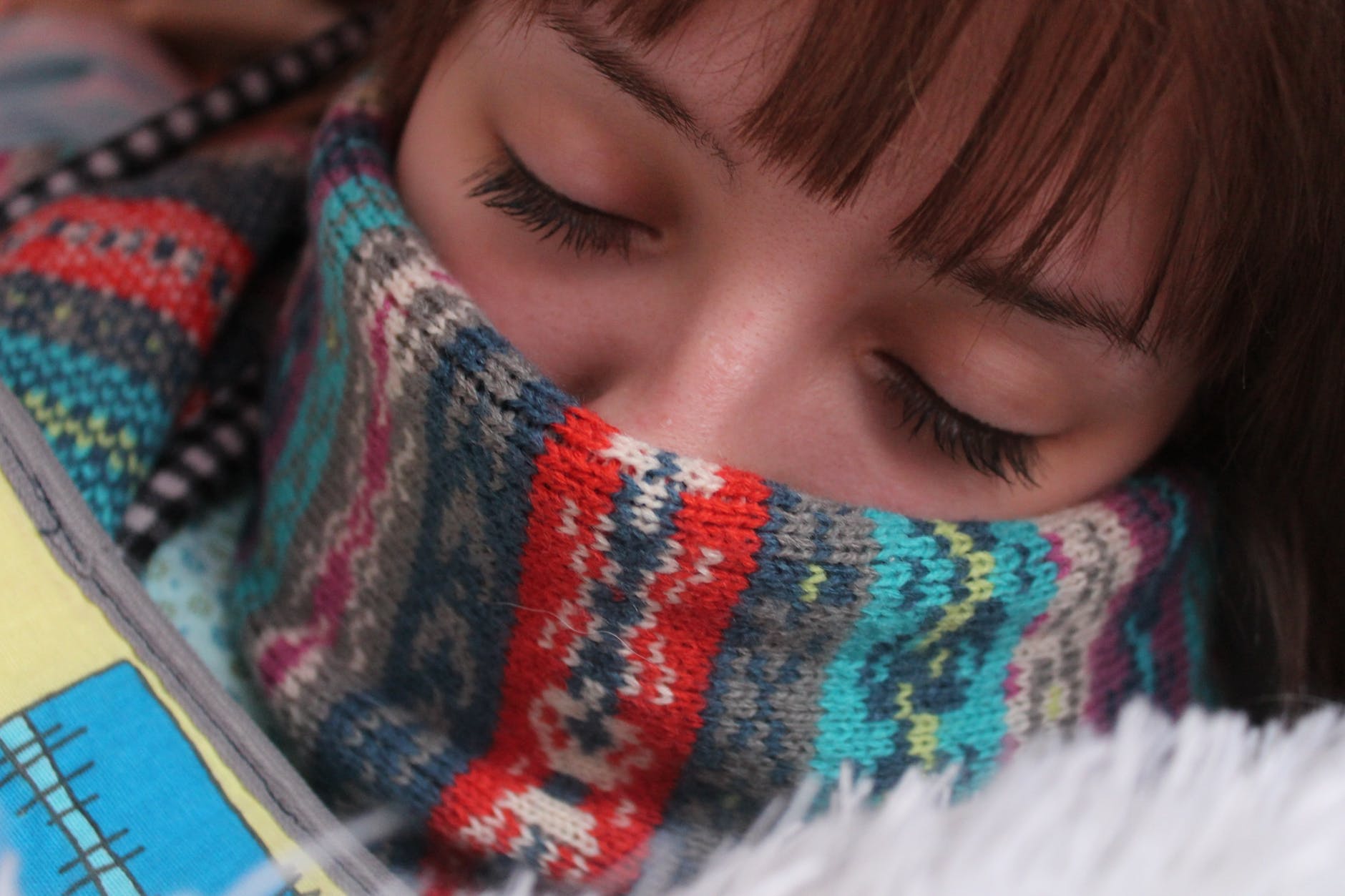If you get into an accident and are stranded on the side of the road during a major weather snowstorm you could be in a potentially dangerous situation. This is especially true if you are on one of the many rural roads where obtaining help can be a longer process than in more urban areas. Hypothermia is a real concern and it is something that isn’t unheard of for taking the lives of those who are stranded in the cold.
The Mayo Clinic describes hypothermia as a medical emergency. When your body drains heat faster than your body can make heat or absorb it, your body temperature will become low as a result. The human body is naturally at 98.6 F when healthy. When your body temperature falls to below 95 F you are getting into hypothermia territory. The further it falls from there, the more critically urgent your situation will become.
What Happens When Your Body Becomes Too Cold?
As your internal temperature plummets every system becomes affected. The nervous system, the circulatory system, all slow and aren’t able to operate properly. Your organs also struggle to work and if you don’t obtain attention to help bring your temperature back up, you will be facing complete failure and ultimately death.
Shivering is the first thing you will feel and then it will gradually become more prominent as you get colder, additionally, the following symptoms of this deadly condition include:
- Shivering
- Slurred speech or mumbling
- Slow, shallow breathing
- Weak pulse
- Clumsiness or lack of coordination
- Drowsiness or very low energy
- Confusion or memory loss
- Loss of consciousness
- Bright red, cold skin (in infants)
This is a slow killer. It gradually becomes worse with time. As the victim’s body slowly begins to freeze their minds, don’t even intercept the problem because hypothermia can affect self-awareness.
How To Stay Winter Safe In Illinois and Wisconsin
 If you are unlucky enough to be caught in an emergency in a rural area of Wisconsin or Illinois during the harsh winters there are a couple of things you should do to be proactive. Always make sure someone knows where you are headed when you hit the road as well as when you are supposed to arrive. If you don’t call or show up, this will give reason to your loved ones to start looking for you. Blankets, matches, candles, clean can to melt snow for drinking water, first-aid kit, canned and dry non-perishable foods, can opener, sand, booster cables, and tow rope, are the basics of what you want in your car.
If you are unlucky enough to be caught in an emergency in a rural area of Wisconsin or Illinois during the harsh winters there are a couple of things you should do to be proactive. Always make sure someone knows where you are headed when you hit the road as well as when you are supposed to arrive. If you don’t call or show up, this will give reason to your loved ones to start looking for you. Blankets, matches, candles, clean can to melt snow for drinking water, first-aid kit, canned and dry non-perishable foods, can opener, sand, booster cables, and tow rope, are the basics of what you want in your car.
If you aren’t alone, make sure to share body heat by huddling together with others. Stay covered and out of the elements as much as possible. If you are able, run your car for 10 minutes every hour to help generate heat. Just remember to keep a window ever so slightly open and ensure your exhaust pipe isn’t engulfed in the snow while you run your car.
The Janesville car accident attorneys at the Alexander J. Smith Law Offices want residents of Wisconsin and Illinois to stay safe this winter. Our Illinois personal injury attorneys at the Alexander J. Smith Law Offices will help you by providing you both legal guidance and representation if you have been in an accident that wasn’t your fault. We pride ourselves in taking care of victims in our community. If you need anything after an accident, contact the Janesville personal injury lawyers at Alexander J. Smith Law Offices to talk to you about your accident experience during a free consultation. We can be reached at (608) 237-7035 for residents of Wisconsin or (815) 243-9686 for residents of Illinois.
